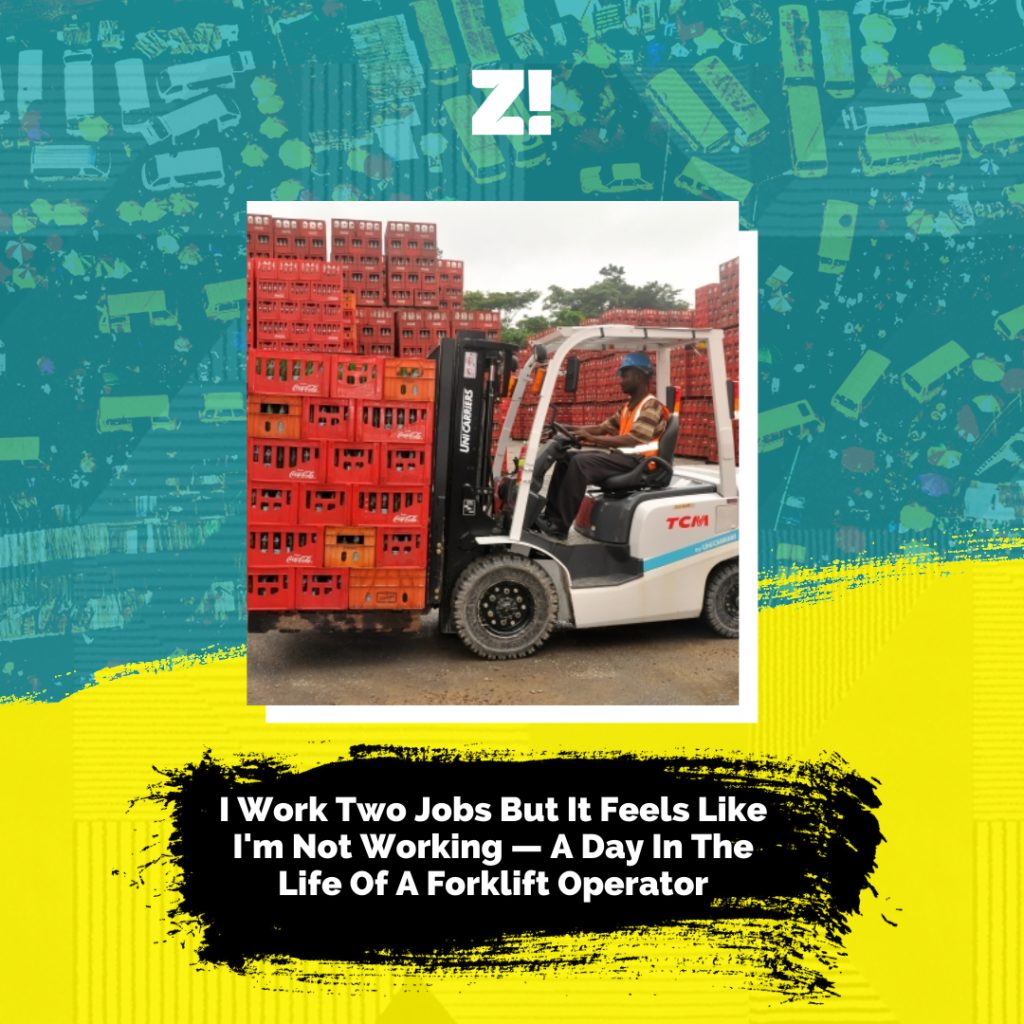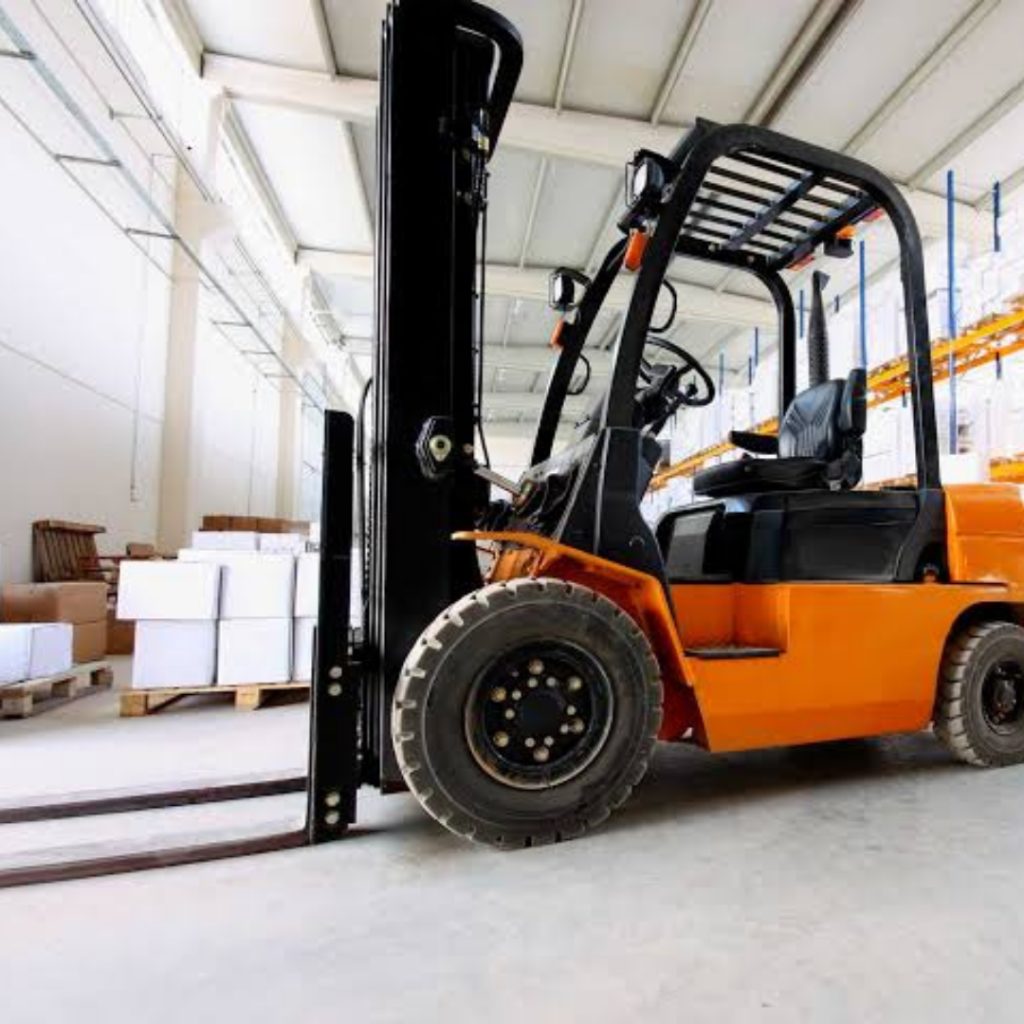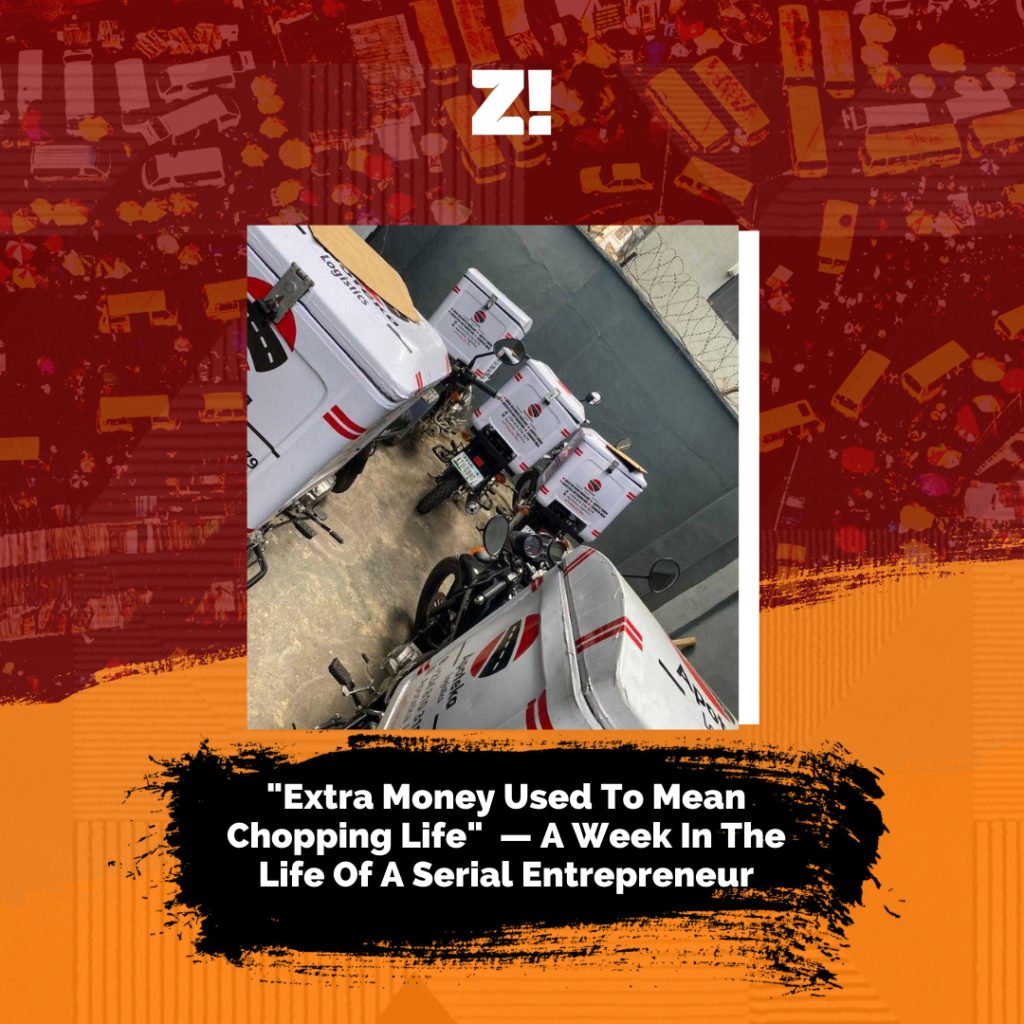For Navigating Nigeria this week, Citizen spoke to Yemi, media practitioner and part-time hobbyist. He shared his story about using a cargo company to transport his belongings from the North, down to Lagos. His experience made him vow never to use the company again and has made him “avoid playing nice” with Nigerians.
Editorial Note: Navigating Nigeria is a platform for Nigerians to passionately discuss the Nigerian experience with little interference to individual opinions. While our editorial standards emphasise the truth and we endeavour to fact-check claims and allegations, we do not bear any responsibility for allegations made about other people founded in half-truths.
Could you walk us through your experience?
Before this experience, I’d used ABC transport once, and it was because of proximity. It was the closest and most accessible transport available the first time trying in 2021. Then, I sent out a bag of books, and they delivered to my location within four working days, which they promised.
This time, I was moving from Abuja, in the North Central, to a new city in the South West. I visited several transport companies. I wanted to make a road trip, and I wanted to travel with a company that had robust bus services. I remember going to GIG Logistics. They said they could transport my belongings. The cost wasn’t an issue for me either.
The challenge I had with them was their route. What they had in mind was to go straight to Lagos. I wanted to head to Ibadan before going to Lagos, and their path wasn’t convenient for me. I wanted one company to sort out my baggage and movement.
So this was what led me to ABC Cargo.
The beginning of the wahala
At first, I carried one bicycle and three bags to them. The bags contained personal effects like my clothes, my books, cutlery, and all that stuff. This was on December 18. On December 19, I brought another bicycle I used to participate in a marathon. Then I went to book a ticket for my road trip on December 20. I recall that my bags were still at their office when I arrived.
I encountered a couple of problems that day. I was travelling with my cats. Their manager came to me and said I couldn’t travel with pets. They were inside a carrier, mind you. I was willing to pay for extra seats to avoid inconveniencing anyone, but this guy refused. He just kept shouting and yelling. It was a whole lot of back and forth.
So what did you do?
I called a private bus service that came to the park to meet me. I got a refund for my ticket right there. When I asked why they’d not sent my luggage ahead, they assured me they’d deliver in four days, per their policy, and told me not to worry. I took them by their word and left.
So imagine my surprise when my bags didn’t arrive four days later. I called them to understand the cause of the delay. They said things like, “ehn, it’s just four days; it hasn’t passed.” I had many plans for December, particularly road-tripping, and the delay affected them.
After the first week without getting my luggage, I still kept waiting. I had my brother check their office at some point which was when I discovered they didn’t have my bags.
What?
By the end of December, the company found one bag. But they told me they couldn’t release it to me because I sent all my luggage items as a bundle and wanted to ensure I got everything immediately, so they held on to that bag for a while.
In the first week of January, one of my bicycles arrived. It came in damaged. It was from that point I started showing them shege.
LMAO
I went to their office with some boys to threaten them to give me my things as fast as possible. They begged and said they were working on it.
Why not the police, as Nigerians like to do?
I did not go there to use force. I went there to let them know it was an option. Outrightly involving the police would have closed the door for negotiations, but I wanted them to have the benefit of the doubt.
I told them that the next time I’d show up, it would be with the full force of the law. That’s when they had someone from their headquarters call me. These were the same people I’d been calling that had been rude to me on the phone. They kept telling me they were on top of the situation.
Through January and February, I had many phone calls with them. I recorded them. They kept insisting that my bags weren’t missing. At some point, ABC Cargo said they’d compensate me with ₦100k. They said the value of the items I had with them was around ₦400k. So how do you have that estimate but decide to compensate me with ₦100k?
I told them that for me to consider compensation, they’d have to start with ₦500k. After that, I contacted the Federal Competition & Consumer Protection Commission (FCCPC). I also warned that they’d hear from my lawyer if they didn’t do something after the governorship elections. That’s when they started taking me seriously. In March, they begrudgingly sent a Cheque for ₦400k.
Did you think that was fair compensation?
The compensation was not reasonable. I had just bought a suit, some jackets that were just two months old, and lots of new sweaters. These alone were definitely above ₦400k.
What’s your takeaway from the whole affair?
Don’t use ABC Cargo services. If you find yourself in a similar situation, reach out to the FCCPC, but also try to avoid playing nice with Nigerians. They have to understand you can go from “good morning, sir” to “you wan see crase” to “you’ll hear from my lawyer” as the situation evolves.








